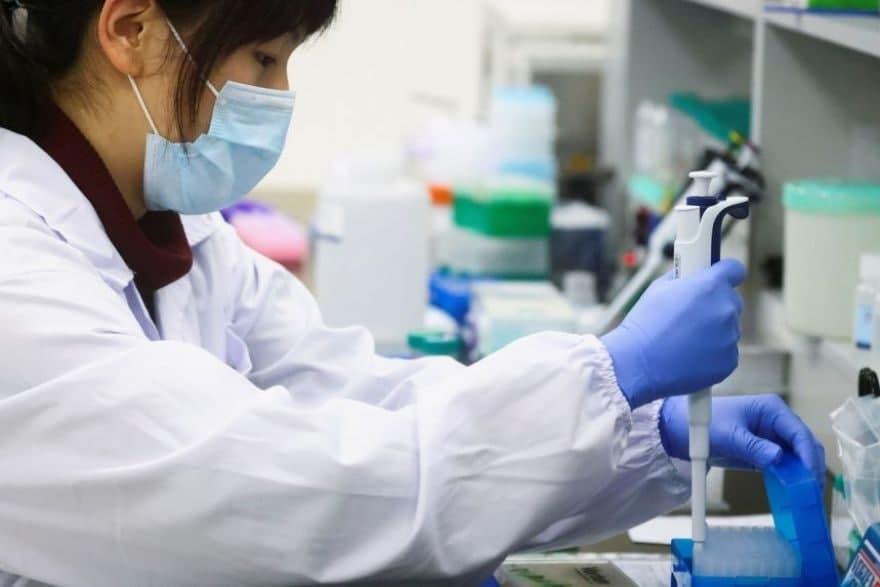BRUSSELS, March 30 (Reuters) - Leaders of 23 countries and the World Health Organization (WHO) on Tuesday (Mar 30) backed an idea to create an international treaty that would help the world deal with future health emergencies like the COVID-19 pandemic now ravaging the globe.
The idea of such a treaty, which would ensure universal and equitable access to vaccines, medicines and diagnostics for pandemics, was floated by the chairman of European Union leaders Charles Michel at a G20 summit last November.
On Tuesday it got the formal backing of the leaders of Albania, Chile, Costa Rica, Fiji, France, Germany, Greece, Indonesia, Kenya, the Netherlands, Norway, Portugal, Romania, Rwanda, Senegal, Serbia, South Africa, South Korea, Spain, Trinidad and Tobago, Tunisia, Ukraine, the United Kingdom and the WHO.
"There will be other pandemics and other major health emergencies. No single government or multilateral agency can address this threat alone," the leaders wrote in a joint opinion article in major newspapers.
"We believe that nations should work together towards a new international treaty for pandemic preparedness and response," they said.
The main goal of such a treaty would be to strengthen the world's resilience to future pandemics through better alert systems, data sharing, research and the production and distribution of vaccines, medicines, diagnostics and personal protective equipment, they said.
The treaty would also state that the health of humans, animals and the planet are all connected and should lead to shared responsibility, transparency and cooperation globally.
"We are convinced that it is our responsibility, as leaders of nations and international institutions, to ensure that the world learns the lessons of the COVID-19 pandemic," the leaders wrote.
